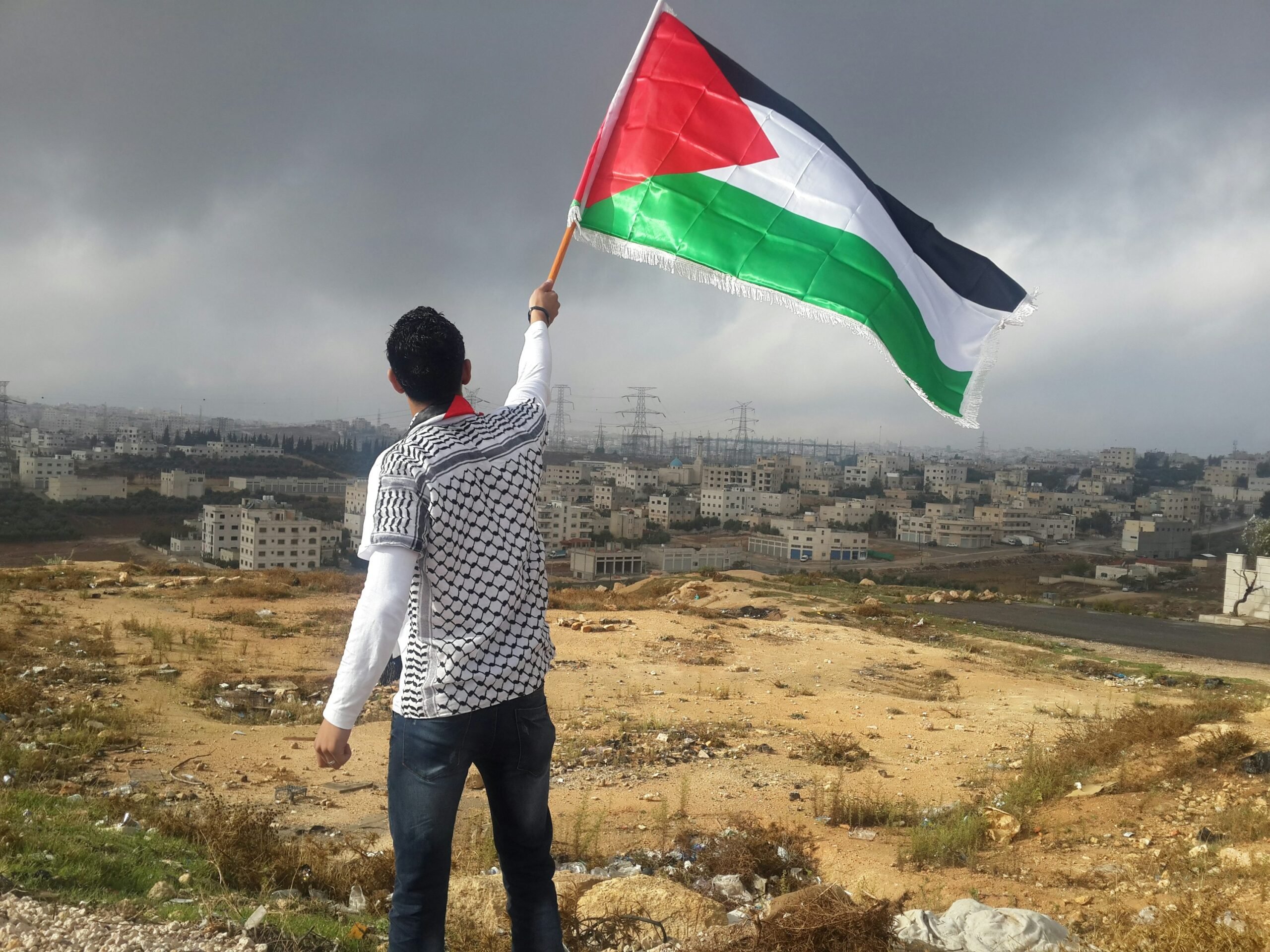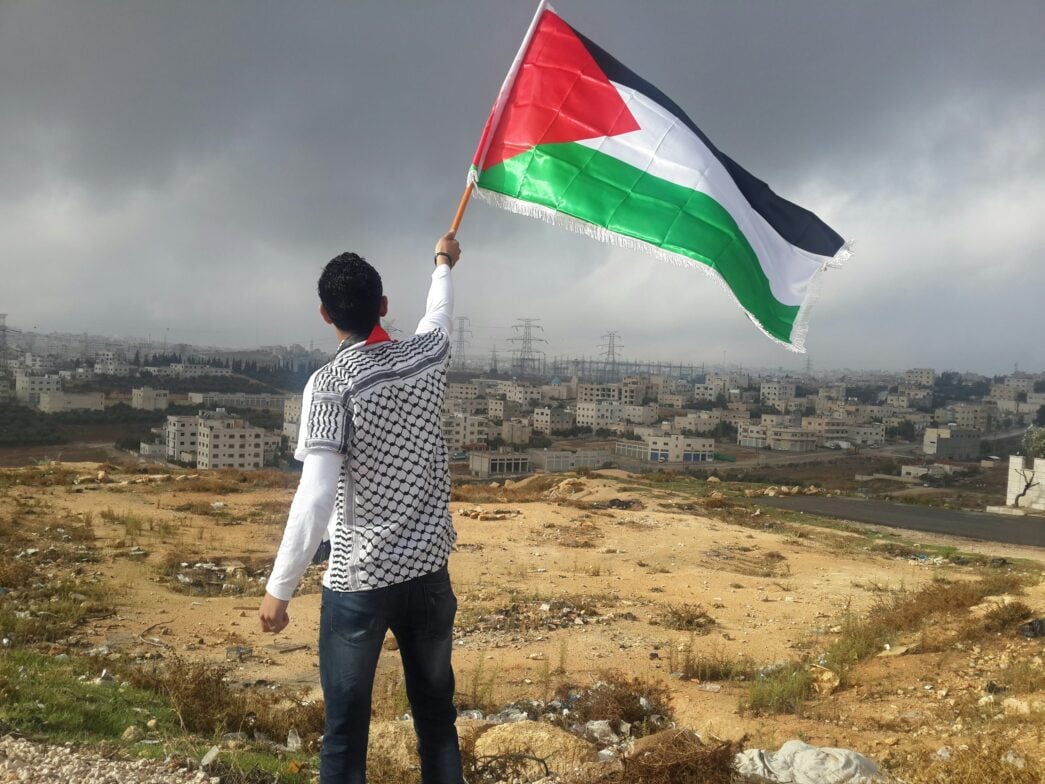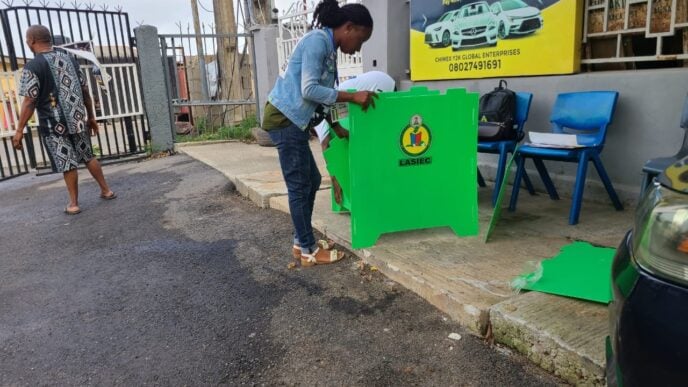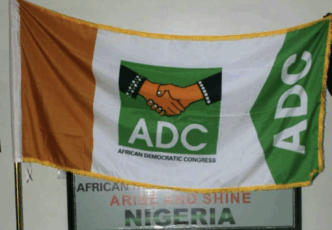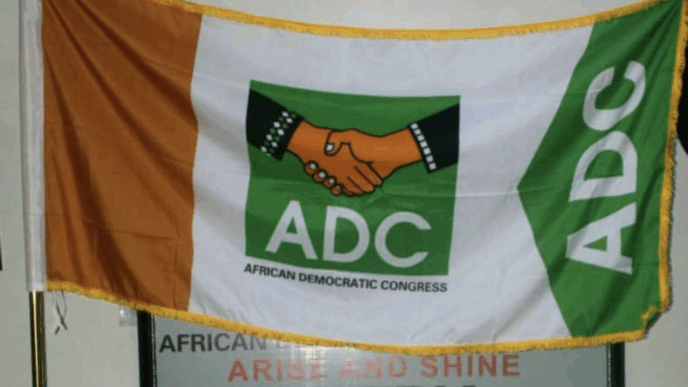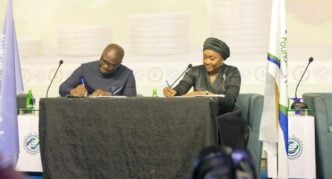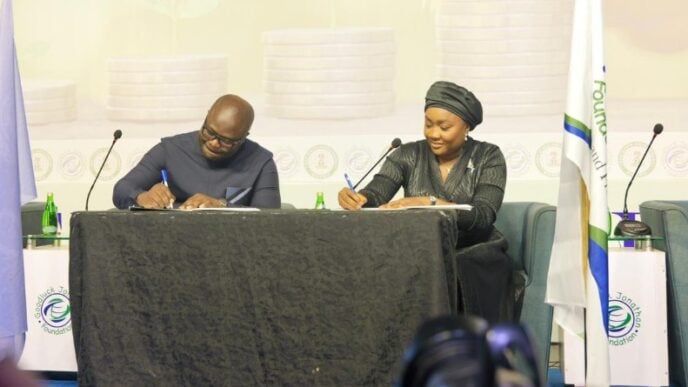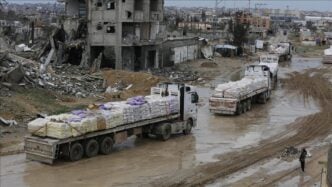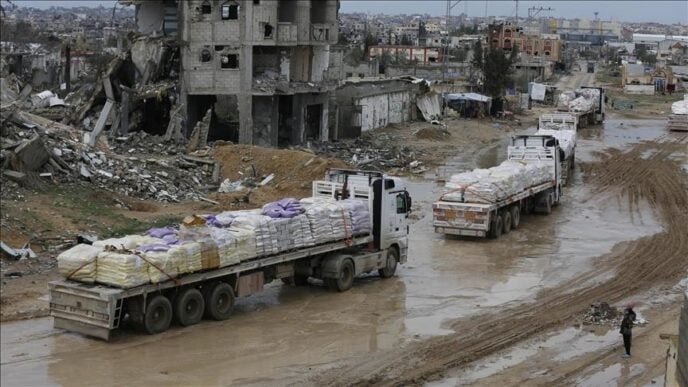BY LEKAN OLAYIWOLA
As France joins a chorus of European states weighing recognition of Palestinian statehood, a new fault line in global diplomacy begins to emerge which challenges not only Western foreign policy but African moral imagination.
In a moment charged by symbolic gestures and historical reckoning, the Global South, especially Nigeria, must ask: does recognition signal justice or merely recycle illusion?
With Gaza still smouldering, Hamas emboldened, and Europe newly assertive, the diplomatic theatre is shifting, but not necessarily toward peace. Let’s examine what France’s move truly means, what it risks, and why Nigeria must step beyond hashtags and platitudes to help shape a post-recognition reality grounded in ethical clarity and strategic foresight.
Advertisement
What if recognition empowers the very actors who oppose peace?
France’s decision to consider recognising a Palestinian state has rekindled a centuries-old question: when does the moral clarity of justice risk enabling strategic deception? Across much of the Global South, recognition is often framed as an overdue moral correction—a stand against occupation, dispossession, and historical double standards. But this framing assumes the existence of a good-faith partner for peace.
In reality, the landscape is far more volatile. Hamas’s October 7 massacre of Israeli civilians was not just a military operation; it was a deliberate act of ideological violence, carried out with the intent to destroy, not negotiate. It shattered the illusion that groups like Hamas could be gradually nudged toward moderation through recognition or engagement.
Advertisement
In this context, France’s gesture, however symbolic, does more than elevate Palestinian aspirations. It risks legitimising actors who cloak religious absolutism in nationalist language, while using humanitarian narratives as shields for militarised agendas. Recognition, when untethered from accountability or reform, can be misread as validation.
And for regimes or proxies aligned with Iran, like Hamas or Hezbollah, that validation feeds a strategy of ideological endurance, outlasting their enemies by weaponising both civilian suffering and Western guilt.
This is not to say Palestinians do not deserve statehood. They do. But justice must be paired with realism. Otherwise, the moral high ground risks becoming a diplomatic trap where symbolic acts inspire applause abroad but fuel intransigence on the ground.
A New European Alignment and Its Global Echo
Advertisement
And yet, France is not acting alone. Spain, Ireland, and several other European states are weighing similar steps. What was once taboo is now being discussed in foreign ministries and multilateral forums recognising Palestine not merely as a people, but as a sovereign equal.
For many across the Global South, this gesture, belated as it is, represents a necessary moral reckoning. The images from Rafah, Jabalia, and Khan Younis have stirred consciences worldwide. In Nigeria, South Africa, Kenya, and beyond, public opinion has been vocally pro-Palestine, not merely out of solidarity but from a visceral memory of colonial domination. Recognition of Palestinian statehood appears to many as the beginning of repair.
Diplomacy isn’t Neutral—It Redistributes Legitimacy
Recognition, like all acts of diplomacy, is never merely symbolic. It reshapes global narratives and redraws the moral cartography of conflict. By extending diplomatic recognition, a state is not simply acknowledging a political reality; it is endorsing a vision of the future.
Advertisement
France’s move, whether driven by conscience, strategy, or domestic political calculus, functions as a powerful signal: that the Palestinian cause, despite its fragmentation and violent elements, deserves political validation on the world stage. But this is where the illusion begins. Such recognition does not differentiate between the Palestinian Authority’s faltering diplomacy and Hamas’s ruthless militancy. It confers moral status without demanding moral clarity.
This blurring is dangerous. It risks collapsing a complex and contested struggle into a single diplomatic gesture that flatters idealism but obscures the hard work of peace-making. When legitimacy is redistributed without accountability, it can embolden extremism, confuse allies, and erode the moral authority of the very states hoping to advance peace.
Advertisement
What Lies Beneath the Hamas Problem
For decades, a segment of the Palestinian leadership, particularly Hamas, has pursued not peace but theocratic rule, backed by Iran and shaped by the ideological blueprint of Islamist supremacy. As former Hamas insider Mosab Hassan Yousef has revealed, the organisation has long perfected the art of masking extremism with humanitarian rhetoric. “They used peace negotiations as a cover,” he wrote, “while preparing for jihad.”
Advertisement
France’s move, however well-meaning, risks rewarding that strategy. Even if Paris insists on recognising only the Palestinian Authority, the reality is that Hamas’s grip on Gaza, its military infrastructure beneath civilian areas, and its rejection of Israel’s right to exist all make Palestinian statehood a fragile, even dangerous construct under current leadership.
Naming Complexities without Taking Sides
Advertisement
This is not a call to ignore Palestinian suffering. Nor is it to side with Israel’s hard-right government, which itself has pursued destructive settlement expansion and collective punishment. Rather, it is a plea for moral diplomacy rooted in justice, but not naïve about actors who reject coexistence.
There is a growing risk that the West’s belief that diplomacy civilises extremism has, in the case of Hamas and Hezbollah, proven dangerously naïve. Recognition may offer psychological satisfaction and moral clarity, but without a reckoning with the ideological ambitions of Islamist groups, it may also embolden them.
What Should Nigeria and the Global South Do?
So where does this leave the Global South, especially nations like Nigeria?
First, it demands clarity of principle. If we support Palestine’s right to statehood, we must also insist on democratic accountability, pluralism, and peaceful coexistence as the non-negotiable pillars of that state. Recognition must not be a blank cheque for tyranny cloaked in liberation.
Second, Nigeria must ask what role it can play in reshaping the peace architecture, not as a passive recipient of global alignments, but as a normative power with lived experience of pluralism, religious complexity, and postcolonial trauma.
Finally, African intellectuals and civil society actors must resist the temptation of moral absolutism. True solidarity requires more than hashtags. It requires the courage to name difficult truths: that some of those who claim to fight for liberation may, in fact, fight for domination. And that the cause of justice must not be outsourced to any one bloc—neither the West, nor the Islamic world, nor BRICS—but forged through relentless ethical critique.
The Stakes of Symbolism and the Risk of Illusion
France’s recognition may or may not shift the diplomatic calculus. But it has forced a conversation the world has long postponed: moral clarity must confront ideological complexity. The question now is not just whether Palestine deserves a state, but what kind of state, and at what cost.
Lekan Olayiwola is a peace and conflict researcher and practitioner. He can be reached via [email protected]
Views expressed by contributors are strictly personal and not of TheCable.
